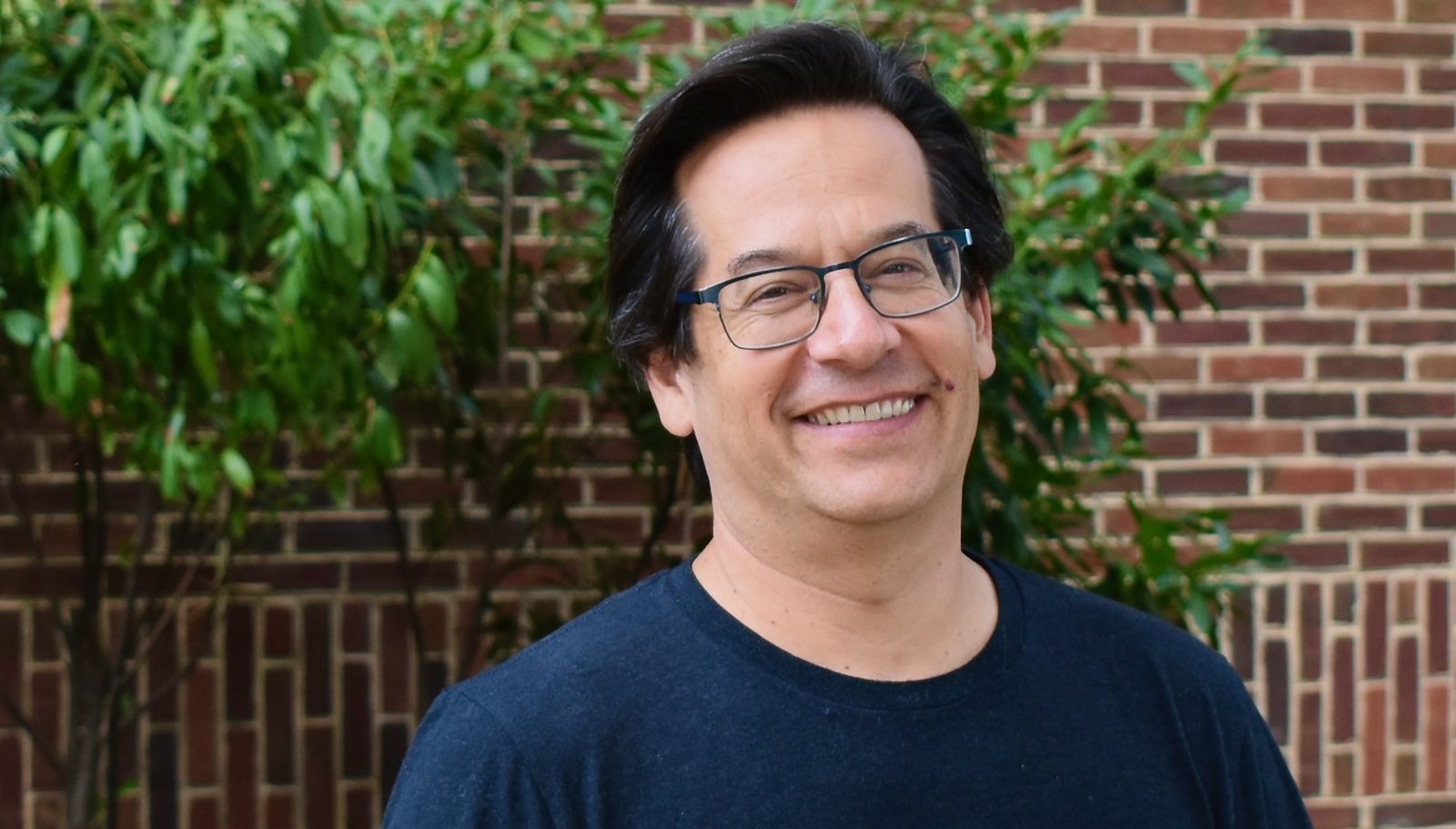Linguistics Professor Jeffrey Lidz Named AAAS Fellow
March 27, 2025

Honor recognizes his distinguished contributions to linguistics and language science.
Jeffrey Lidz, professor and chair of the Department of Linguistics in the University of Maryland’s College of Arts and Humanities, has been elected to the 2024 class of fellows of the American Association for the Advancement of Science (AAAS) for his distinguished contributions to linguistics and language science, particularly for innovative approaches to studying child language acquisition and the psychological basis of semantics.
“Jeff Lidz’s scholarship explores how we develop and communicate as people and as a society. This is at the heart of what we do in the College of Arts and Humanities,” said Stephanie Shonekan, dean of UMD’s College of Arts and Humanities. “This prestigious fellowship is an apt recognition of his body of work.”
Lidz, who is also a Distinguished Scholar-Teacher at UMD and a fellow of the Linguistics Society of America, studies language syntax and semantics through several lenses: infant and children's language acquisition, cross-linguistic comparisons and the interface between language and other systems of mind. He directs UMD’s Project on Children's Language Learning and the Infant and Child Studies Consortium. Over the course of his career, he has made notable contributions to our understanding of how infants acquire language and understand syntax—or the arrangement of words and phrases to create well-formed sentences—by the time they are 18 months old.
Lidz is known for using a diversity of methods to reveal important aspects of linguistic structure and its relation to cognitive processes and abilities that go beyond the literal meaning of words, and include things like context, social cues and non-verbal communication.
“This is a big honor,” Lidz shared. “I’ve tried to do linguistics in a way that speaks to broad questions in psychology and philosophy, using as broad a set of tools as possible. So, I hope this induction will allow me to be a role model for young scientists who want to engage big questions in the study of language and mind.”
His recent research on quantification (how people understand and express quantities of things), argument structure and wh-movement (the process where question words—like "what," "who," "where," etc.—are moved to the beginning of a sentence or clause to form a question) depends on insights from vision science, infant cognition and domain-general information processing systems. Together his research findings reveal how much we can learn about the human capacity for language when we have clear ideas about the structure of language and how it relates to our systems of thought and the cognitive tools our brains use to process information efficiently.
Lidz has authored more than 170 peer-reviewed publications and mentored more than 30 doctoral students. He joined UMD as an associate professor in 2005 from Northwestern University. He earned a Ph.D. and master’s degree in linguistics from the University of Delaware and a B.S. in journalism from Northwestern.

